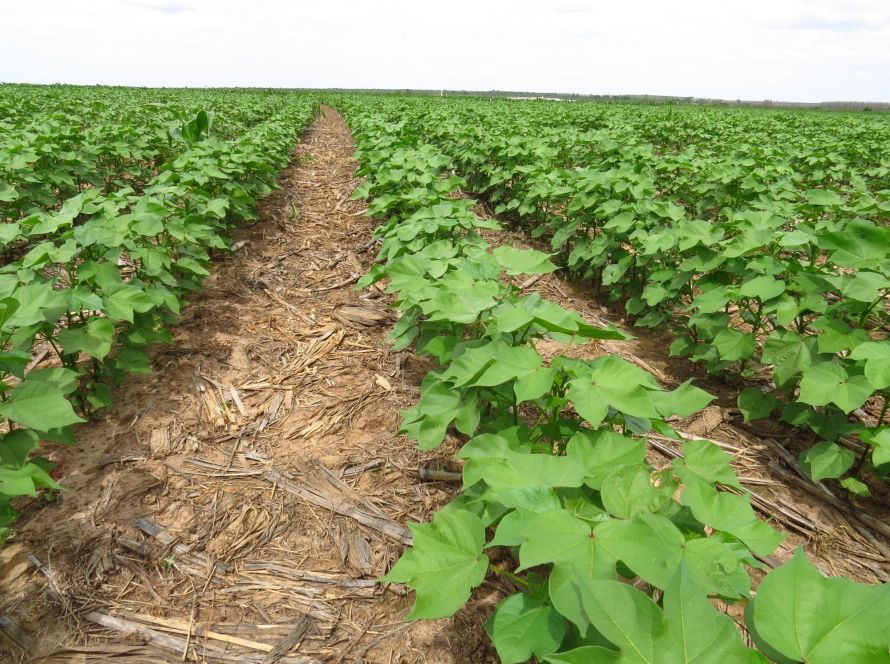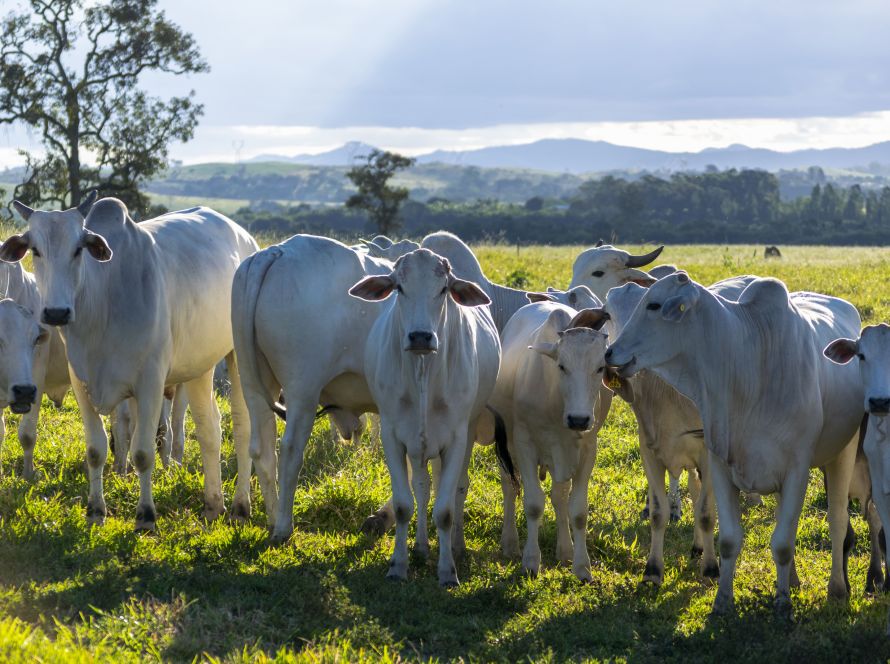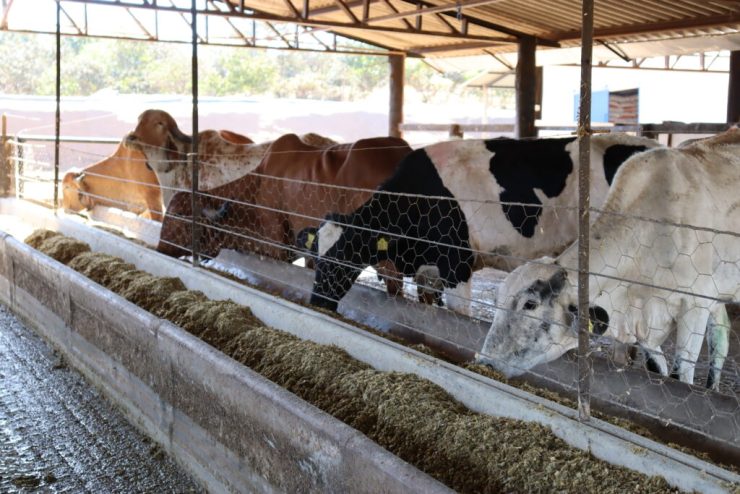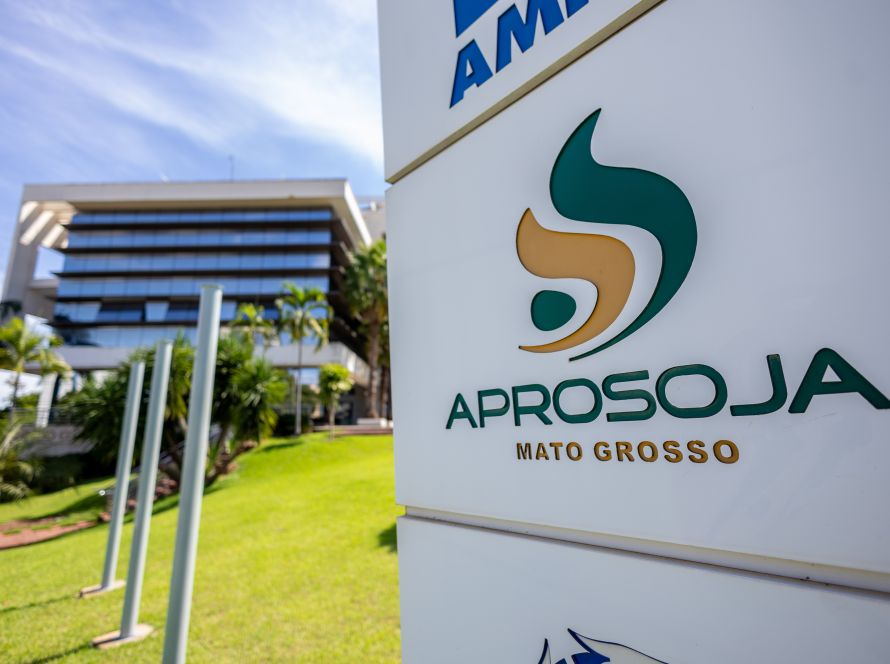A delegation from the Rio Grande do Sul Secretariat of Agriculture, Livestock, Sustainable Production, and Irrigation (Seapi) spent this week on a technical visit to the Mato Grosso do Sul State Agency for Animal and Plant Health (IAGRO) in Campo Grande, and held a bilateral meeting with Paraguay's National Animal Health and Quality Service (SENACSA) in Ponta Porã, on the border between Mato Grosso do Sul and Paraguay. The agenda included the implementation of a bovine traceability system, with the exchange of experiences for the Rio Grande do Sul traceability pilot project.
"The goal is to enhance our pilot project and work in conjunction with states and countries that are advancing in traceability. We were able to identify that our pilot project aligns with the experiences of both Paraguay, which has already initiated a traceability process, and Mato Grosso do Sul, which is also making progress on this issue," said Deputy Secretary Márcio Madalena.
Individual cattle traceability is a system that allows tracking an animal's entire life cycle, including data on breed, sex, age, and vaccinations, right up to slaughter. This data is stored in a system linked to a registration number on an ear tag or button. A technical group comprised of representatives from the Ministry of Agriculture and Livestock (MAPA), state agricultural health agencies, and producer associations developed a strategic plan for implementing the National Plan for Individual Identification of Cattle and Buffalo (PNIB), with staggered implementation periods totaling eight years of adaptation until mandatory adoption, starting in 2033.
Rio Grande do Sul is in the process of selecting 50 volunteer farms that will participate in the pilot project, launched during the 48th Expointer. The farms must have different production characteristics, such as milk and beef, full cycle, rearing, and finishing. The goal is to test the application of identification earrings and their relationship with the Agricultural Defense System (SDA) for animal registration.
In addition to the deputy secretary, the delegation included the director of the Department of Animal Health Surveillance and Defense (DDA/Seapi), Rosane Collares; the deputy director of the DDA, Francisco Lopes; and the head of the Health Control and Information Division, Paulo André Coelho.





